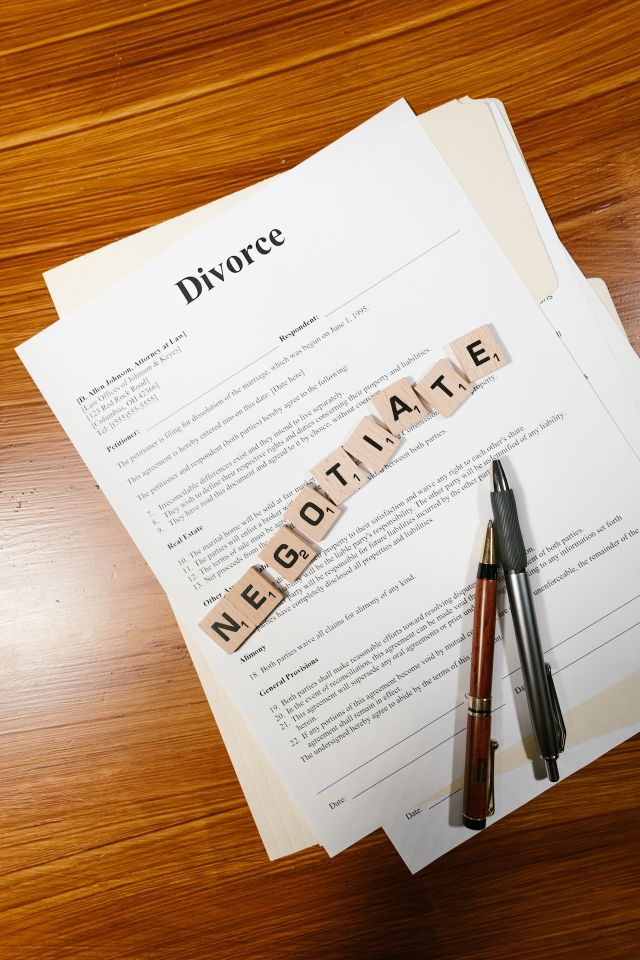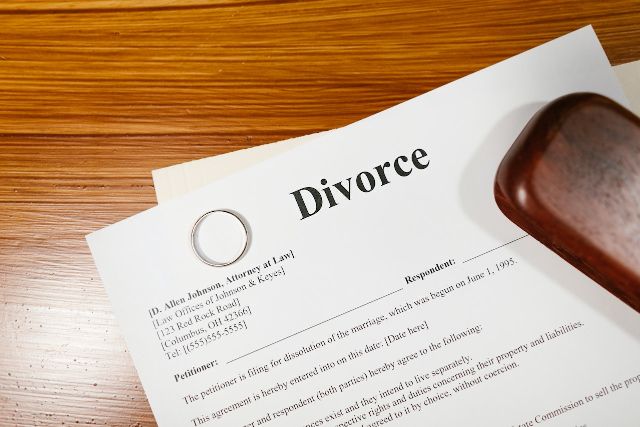Strategies for Emotional Recovery.

Getting divorced is never simple, regardless of your age. But it might be particularly difficult when it happens in midlife. It can be challenging to picture life without your partner after years of constructing a life together. You can, however, take action to aid in your coping and start the healing process. We’ll go through some divorce advice and methods for dealing with the emotional fallout of a midlife divorce in this blog.
Allow yourself to grieve.
It’s critical to give oneself permission to experience the whole gamut of divorce-related emotions. These emotions could include grief, rage, guilt, and confusion. Don’t try to ignore or repress these feelings. Instead, give yourself permission to completely experience and properly express them. This can be speaking with a therapist or dependable friend, keeping a journal, or finding creative outlets like music or art.

Take care of yourself.
It’s critical to look after yourself at this time because divorce can be emotionally and physically taxing. This include eating well, getting sufficient rest, and exercising frequently. It also entails scheduling time for enjoyable and relaxing self-care activities like reading a book, having a bath, or going for a walk in the outdoors.

Seek support.
It can be lonely going through a divorce, but it’s vital to know that you’re not alone. Ask for help from friends and relatives who can lend a sympathetic ear and a shoulder to cry on. Additionally, you might want to think about signing up for a support group or consulting a therapist who specializes in divorce counseling.

Rediscover your passions .
Divorce can seem like the end of one chapter, but it also presents a chance to begin over. Explore new hobbies and interests and rediscover your passions during this time. This can assist you in rediscovering your personal identity and provide you with a sense of contentment and purpose.

Take things one day at a time.
Always keep in mind that getting over a divorce takes time, so practice patience with yourself. Don’t put too much pressure on yourself to “move on” or “get over it” right away. Take things one day at a time. You’ll soon discover that you are able to continue living your life if you give yourself the time and space to recover.
Give yourself permission to feel all of your emotions.
It’s normal to feel conflicted feelings both during and after a divorce. It’s crucial to give yourself permission to experience all of your emotions, even the unpleasant ones like anger, fear, and grief. Allowing yourself to feel your emotions and process them in a healthy way will ultimately help you move through them more quickly, despite the temptation to numb yourself with distractions or drugs.https://karencovy.com/best-divorce-advice/

Practice self-compassion.
Self-blame and feelings of humiliation might surface after a divorce. It’s critical to keep in mind that divorce is not an indication of your character or worth as a person. Practice self-compassion by being kind to yourself, accepting responsibility for your actions, and treating yourself with the same respect and consideration you would a good friend.https://www.coveyclub.com/blog_posts/10-things-every-woman-must-do-to-prepare-for-divorce/
Set boundaries with your ex-partner.
If you have children together, you will likely need to maintain some level of contact with your ex-partner. However, it’s important to set boundaries to protect your emotional wellbeing. This may mean limiting contact to only essential communication about the children, avoiding discussions about the past or your relationship, and seeking the help of a mediator if necessary.https://resources.hellodivorce.com/this-is-why-you-need-a-strategy-for-your-divorce

Create a new routine.
Divorce can throw off your schedule and make you feel unmoored. Make a new habit for yourself to help you feel more normal. This can involve taking up new hobbies, pastimes, or enjoyable social outings. You can feel more in control of your life and have a feeling of direction and structure by having a routine.https://www.divorcenet.com/resources/coping-with-divorce.html
Explore therapy or counseling.
Anyone going through a divorce, especially one in midlife, can benefit from therapy or counseling. A therapist can offer a secure setting where you can work through your feelings, gain perspective on your circumstances, and create coping mechanisms that will help you go on. Think about finding a therapist who focuses on divorce or midlife concerns.https://www.brides.com/pieces-of-divorce-advice-for-women-1102751
Practice gratitude.
It can be simple to concentrate on what you’ve lost or what you’re missing out on during a trying moment like a divorce. However, expressing appreciation can help you have a happier attitude on life and discover joy in the here and now. Consider keeping a thankfulness diary, or just set aside some time each day to think about what you have to be grateful for.
In conclusion, adjusting to divorce in middle age can be a difficult and painful process. But you can start to heal and move on by using self-compassion, getting help, establishing new routines, and looking into therapy or counseling. Though recovery takes time, you can create a new, fulfilling life for yourself with persistence and self-care.https://www.equitablemediation.com/blog/how-to-prepare-for-divorce



Priotizing our mental health and self-care comes first above all